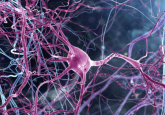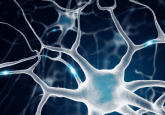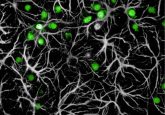Pathogenesis of prion disease: its secrets revealed?
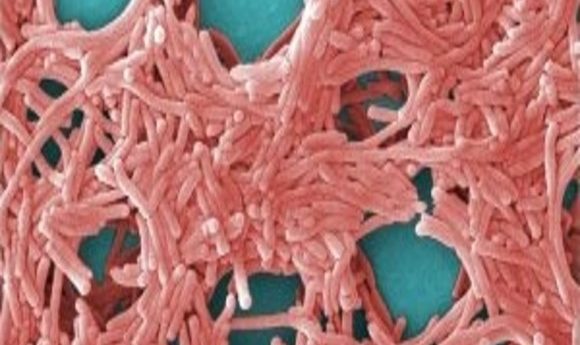
Recent research sheds light on the importance of p38 MAPKα in the neurodegenerative pathway of prion diseases. Are the secrets of pathogenesis of prion disease revealed?
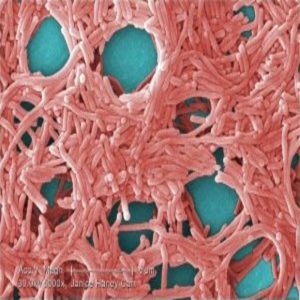
Research conducted recently at Boston University School of Medicine (MA, USA) has uncovered new information about the biochemical pathways involved in the pathogenesis of prion diseases. Using a previously established method of displaying the impacts prions can have on nerve cells and making alterations to allow the inclusion of a variety of inhibitory agents, David A Harris et al. identified p38 MAPKα as a key enzyme in the pathogenic pathway.
Prion diseases are caused by malformed proteins Whilst the symptoms of these terminal neurological disorders are well established, the pathways that prions affect to impair the neural connections in the brain and spinal cord have not been defined.
The researchers used a method for establishing cultures of hippocampal nerve cells that had been designed to examine the effects of prions in these cultures. Altering this method to allow them to add a variety of compounds inhibitory to cellular stress responses, they were able to observe how the prions affected the cultures when specific enzymes or pathways were suppressed. Using this method they were able to identify that the inhibition of the p38 MAPKα enzyme, which is stimulated by stress signals such as UV light and heat shock, prevented damage to the neural connections and even contributed to repairing previously damaged cells. Similar results were also observed in mutant cells with aberrant p38 MAPKα, providing more evidence to suggest that the enzyme is involved in prion pathogenesis.
This research could prove crucial to revealing new treatments for prion diseases and provide insight into other protein associated diseases. “Our results provide new insights into the pathogenesis of prion diseases, they uncover new drug targets for treating these diseases, and they allow us to compare prion diseases to other, more common neurodegenerative disorders like Alzheimer’s disease,” concluded Harris.

